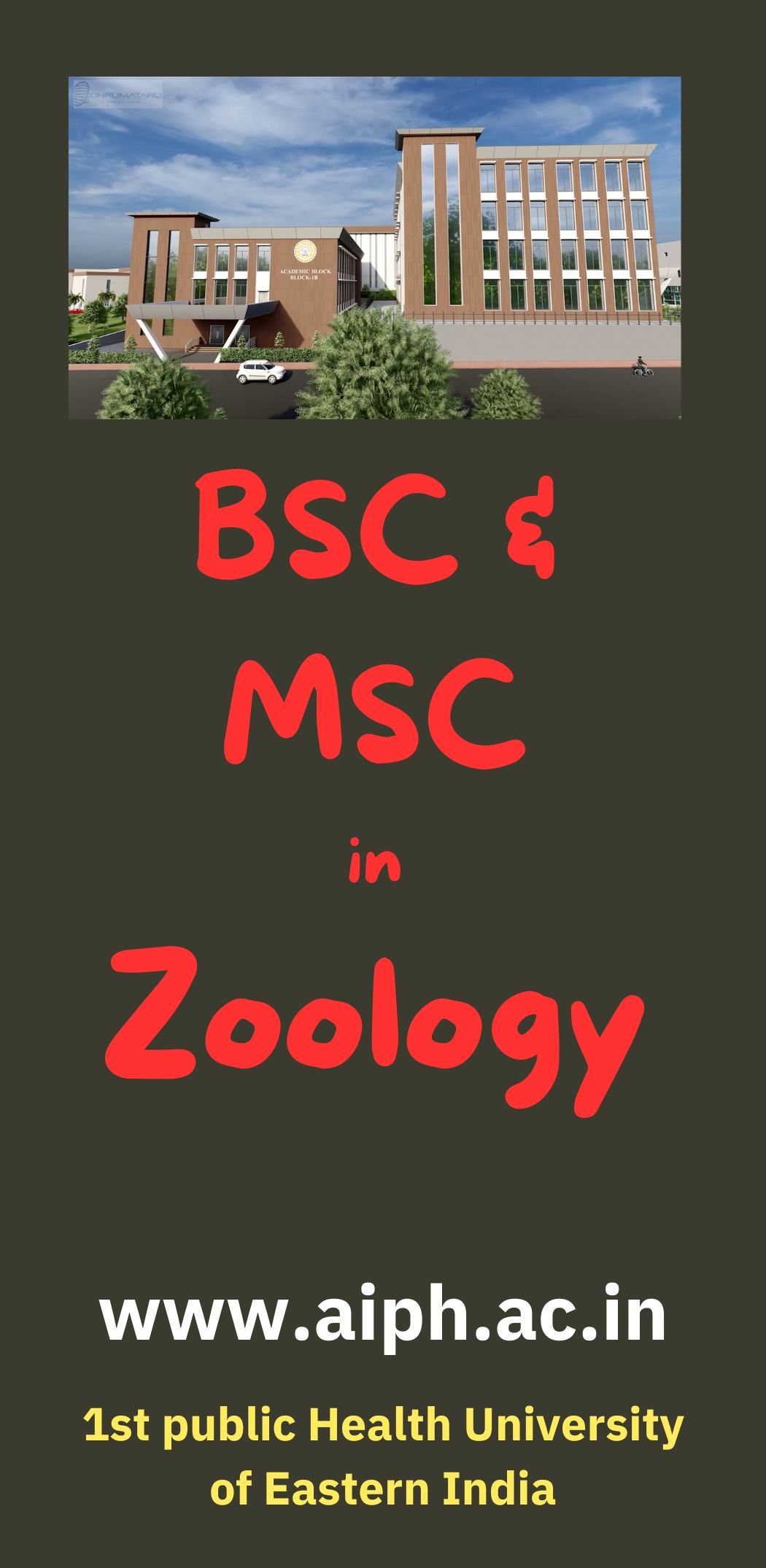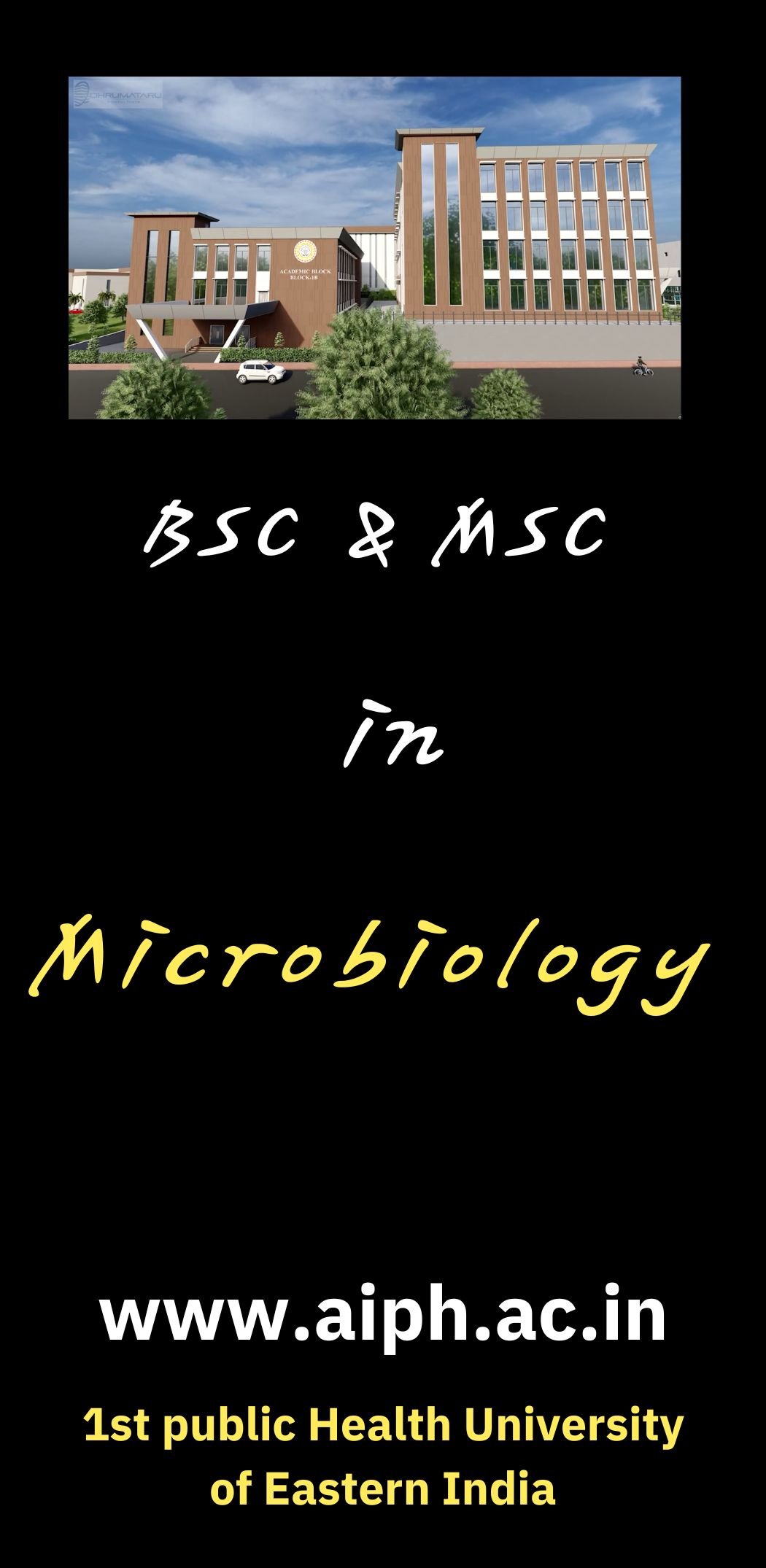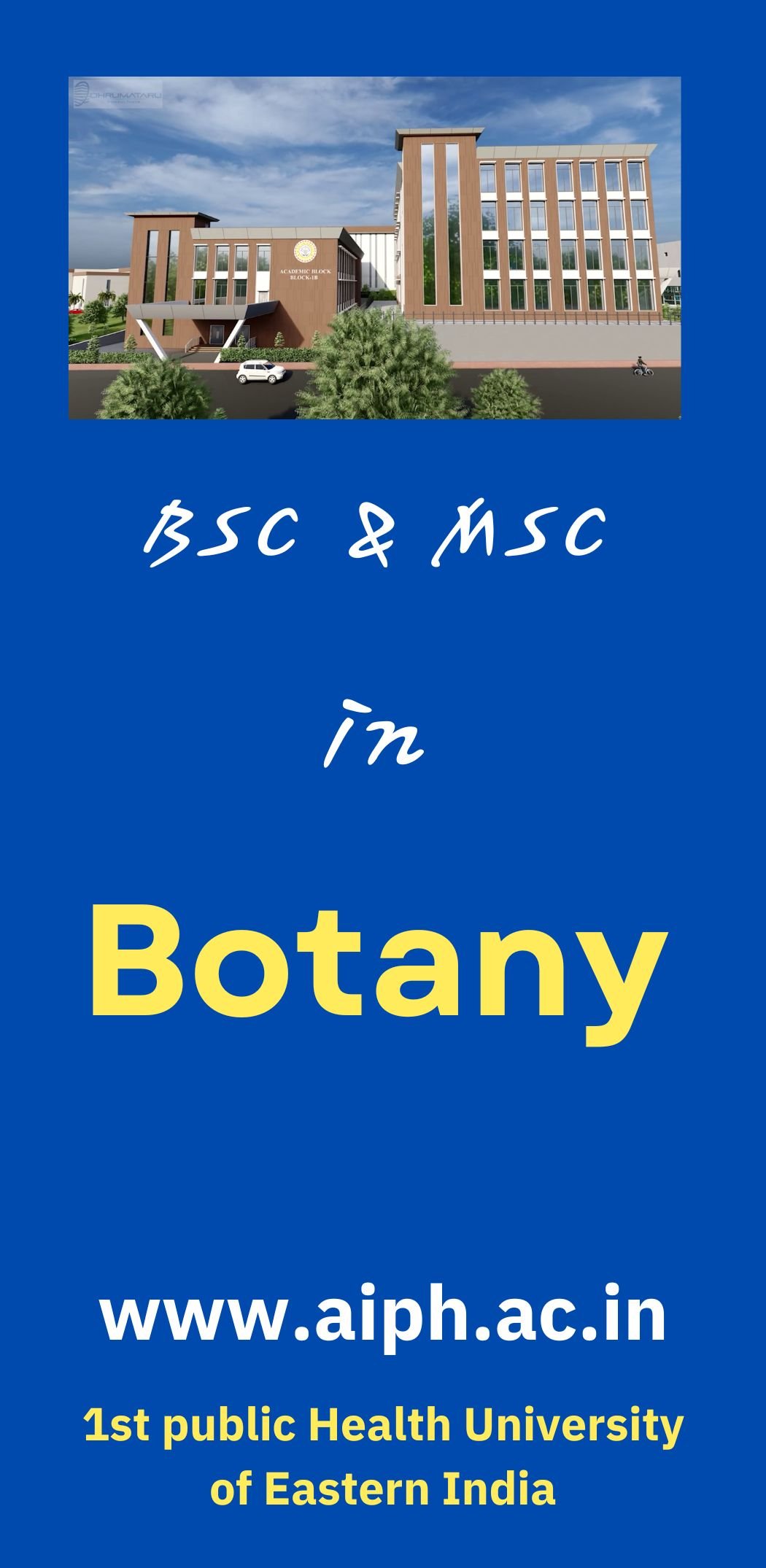Every year, the last week of April is dedicated to World Immunization Week, a global initiative led by the World Health Organization (WHO) to promote the life-saving benefits of vaccines. In 2025, as the world continues its battle against infectious diseases, the theme emphasizes "Vaccines: A Global Shield for Health."
Vaccines have revolutionized public health, drastically reducing mortality rates and preventing the spread of deadly diseases. From childhood immunizations against measles and polio to adult vaccines for influenza and COVID-19, immunization plays a pivotal role in safeguarding populations.
Public health professionals are the backbone of immunization efforts. Their contributions ensure that vaccines reach every corner of society, regardless of socioeconomic barriers. Here's how they make a difference:
1. Advocacy & Awareness
Health professionals engage in educational campaigns, dispelling myths and promoting vaccine literacy. Misinformation remains a major obstacle, and their role in providing scientific, evidence-based information is crucial.
2. Planning & Implementation
Immunization programs require meticulous planning, from vaccine procurement to delivery logistics. Public health experts collaborate with governments and NGOs to ensure timely distribution, especially in remote areas.
3. Surveillance & Research
Monitoring disease outbreaks and vaccine efficacy is vital. Epidemiologists analyze immunization data, helping refine strategies to enhance coverage and prevent outbreaks.
4. Community Engagement
Building trust within communities is essential for successful vaccine uptake. Public health professionals work closely with local leaders to address concerns and reinforce the benefits of immunization.
As we mark this important week, let’s recognize the tireless efforts of public health professionals and reaffirm our collective responsibility in promoting global health. Because when communities embrace vaccines, they embrace a healthier future.
Effective immunization campaigns hinge on community engagement, ensuring widespread acceptance and accessibility of vaccines. Public health professionals play a crucial role in fostering trust, addressing concerns, and working with communities to improve immunization rates.
Vaccination efforts cannot succeed without public cooperation. Cultural beliefs, misinformation, and logistical challenges often impede vaccine uptake. Engaging communities helps bridge the gap between healthcare providers and the people they serve, creating a more informed and proactive population.
With World Immunization Week 2025, global efforts must continue to focus on building trust, strengthening outreach, and ensuring inclusivity in vaccination programs. Investing in community-based strategies ensures sustained immunization rates, leading to healthier, disease-free societies.
While vaccines have saved millions of lives, challenges remain—vaccine hesitancy, accessibility gaps, and emerging pathogens. World Immunization Week 2025 calls for renewed commitment, urging nations to invest in stronger immunization infrastructure and equitable vaccine access.
AIPH University, Bhubaneswar plays a vital role in advancing immunization efforts through its One Health Center for Surveillance and Disease Dynamics, focusing on disease monitoring, public health research, and community-based interventions to enhance vaccine accessibility and awareness.



